Have you ever thought about whether the water from your garden hose is the same as the water from your faucet? It can seem like a strange question, but this topic has implications for drinking safety and proper hygiene. Hose water may come directly from a municipal supply, or it might be considered ‘non-potable’—meaning that it’s not safe to drink due to potential contaminants. In this blog post, we will explore why these differences exist and how understanding them can help you make an educated decision about when and how you use hose water. We’ll start by taking a look at the workflow background information so that we know exactly what’s involved in delivering tap and hose water to our homes.
What Causes The Difference In Taste Between Water From A Garden Hose And Tap Water?
There are various reasons why the taste of water from a garden hose and tap water may not be the same. The material used to make the hose’s interior lining, any pollutants that the hose may have picked up during gardening, and any substances added to the water before consumption are all contributing factors.
Garden hoses are also prone to picking up all sorts of contaminants through their use in gardening activities. Dirt, dust, grass clippings, and other debris can all find their way into the hose and end up in your water. Even if the water appears clear when it comes out of the hose, there could be a lot of unseen contamination present.
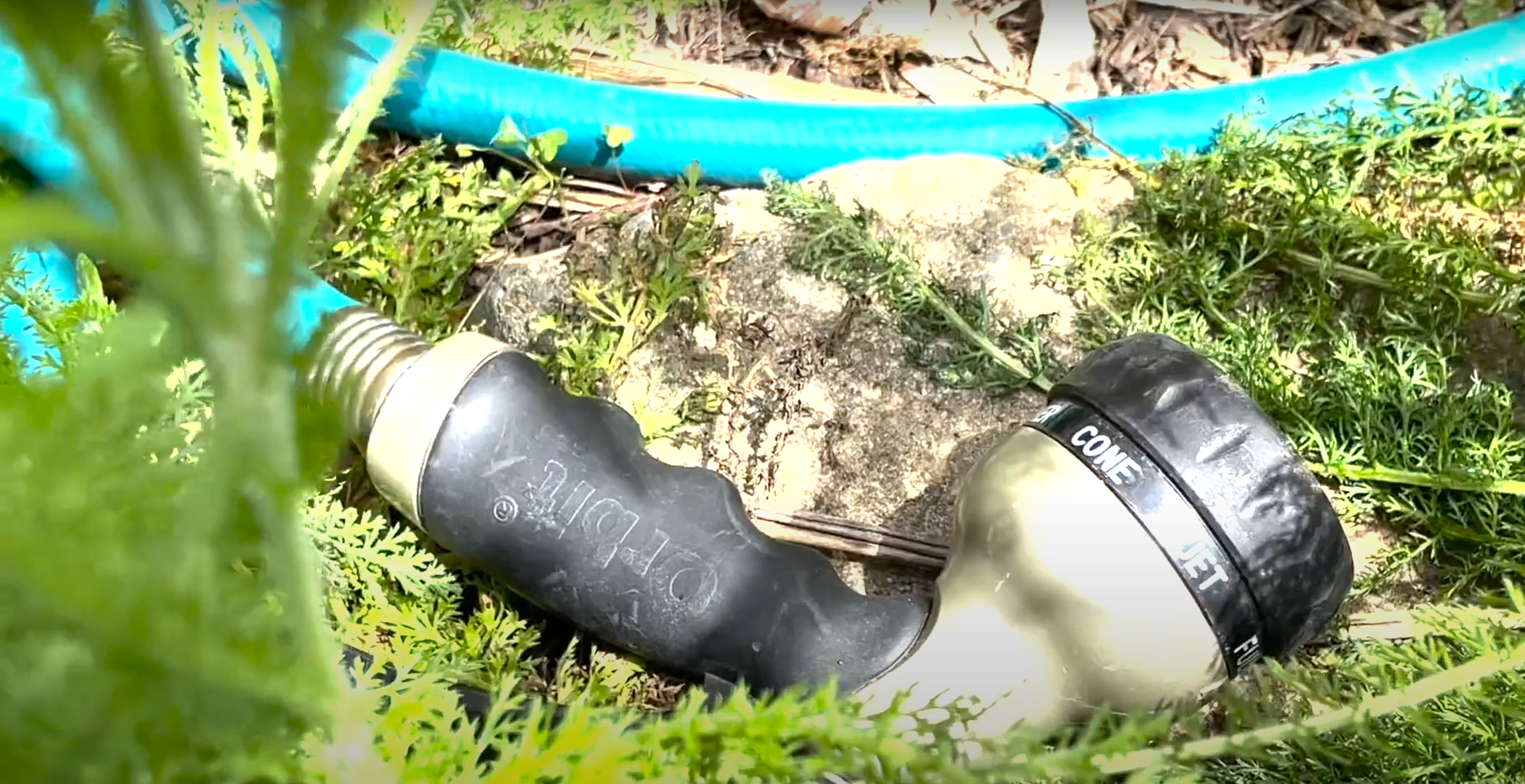
Additionally, some garden hoses may contain additives like chlorine or fluoride from municipal water supplies that have been added to improve the taste or make them safe for drinking use. These chemicals can cause an off-taste in the water and should not be consumed directly unless specifically stated otherwise on the label.
In contrast, tap water is typically treated with chemicals such as chlorine or chloramine before being sent through pipes to households throughout a city. The treatment is regulated by the EPA to maintain safety standards and prevent contaminants from entering our drinking water.
Overall, the difference between water from a garden hose and tap water likely comes down to a combination of factors such as material used for the hose, contaminants picked up through use, and any additives that may have been added before consumption. If you’re concerned about the taste of your garden hose water, consider using it only for watering plants or cleaning surfaces instead of drinking directly from it. Otherwise, it’s best to stick with tap water which is usually tested regularly and treated with chemicals to ensure its safety for human consumption. [1]
Where Does Hose Water Come From?
Hose water typically comes from the same place as tap water. Both come from municipal systems that treat and distribute water to customers. However, hose water can also come from a variety of other sources such as rainwater, wells or streams. While it may seem like these sources would make hose water safer than tap water, it’s important to remember that they are not regulated in any way and therefore could contain a wide range of contaminants.
The only way to be sure whether or not your hose water is safe to drink is by having it tested by a certified lab. If you do decide to use hose water for drinking or cooking, you should always boil it first before consumption and have it tested regularly for safety. Additionally, if you’re using a hose for gardening purposes, it’s best to avoid drinking from the same hose unless you can guarantee that it has been tested and is safe for consumption.
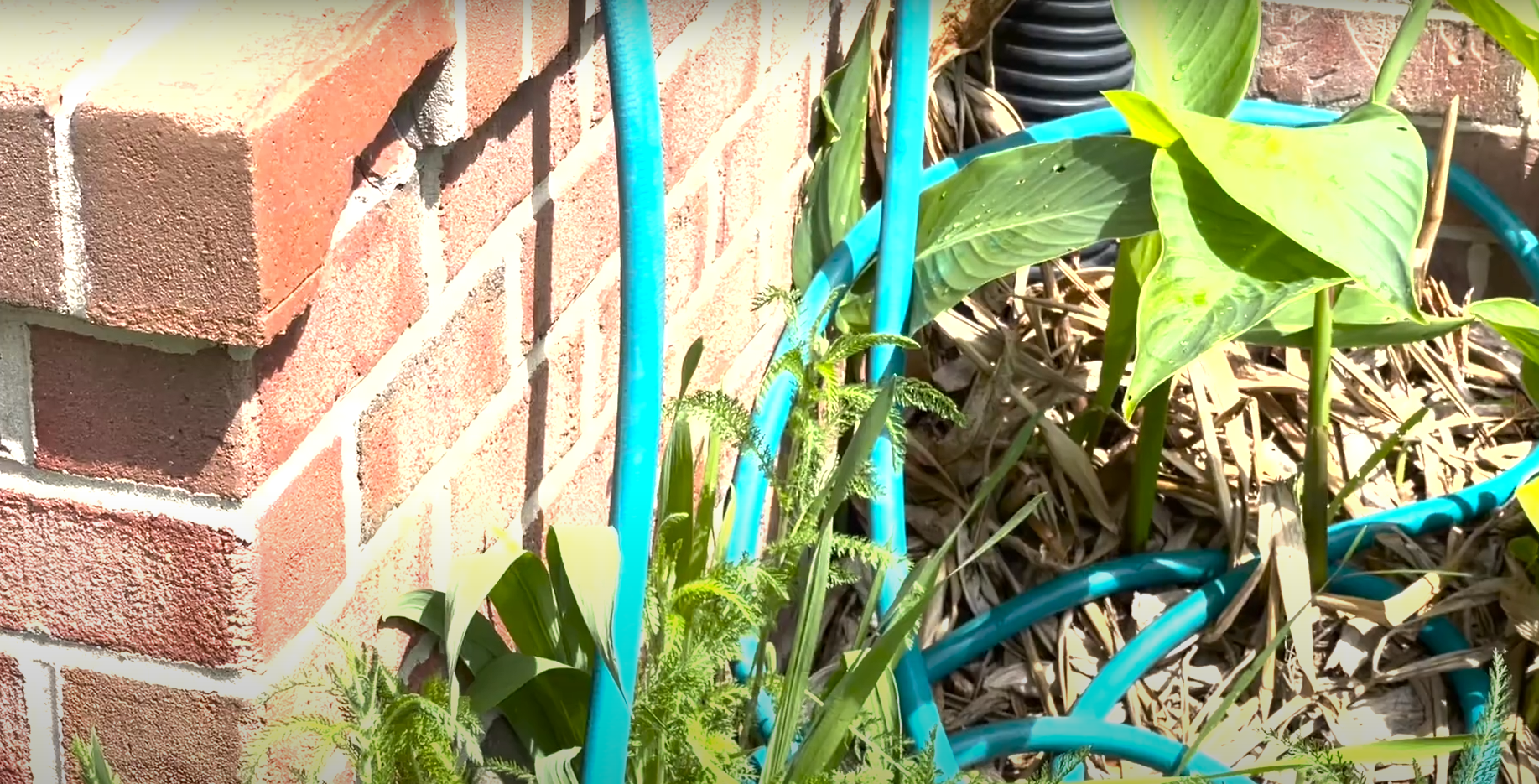
Water Treatment Systems
Tap water and hose water may be two sources of water that come from the same source; however, they go through different treatment systems. Tap water is treated in a municipal facility, while hose water can contain bacteria, minerals, and other contaminants depending on its source. While these impurities are not necessarily harmful to your health, it is important to be aware of them if you do choose to use hose water for drinking purposes.
Hose water, on the other hand, is not typically treated in a municipal facility, so it’s important to know what type of source your hose water is coming from before using it. Common sources of hose water include rainwater collection systems, natural springs, and wells. While these sources usually contain fewer impurities than tap water, they can also contain pollutants such as pesticides and herbicides that may pose a health risk if consumed. Additionally, bacteria and minerals found in many natural sources can leave an unpleasant taste or odor in your drinking water. [2]
Is Hose Water the Same as Shower Water?
The answer is, usually not. Hose water can come from many different sources, so it’s important to consider where your hose is connected before assuming that the water you are using is the same as tap or shower water.
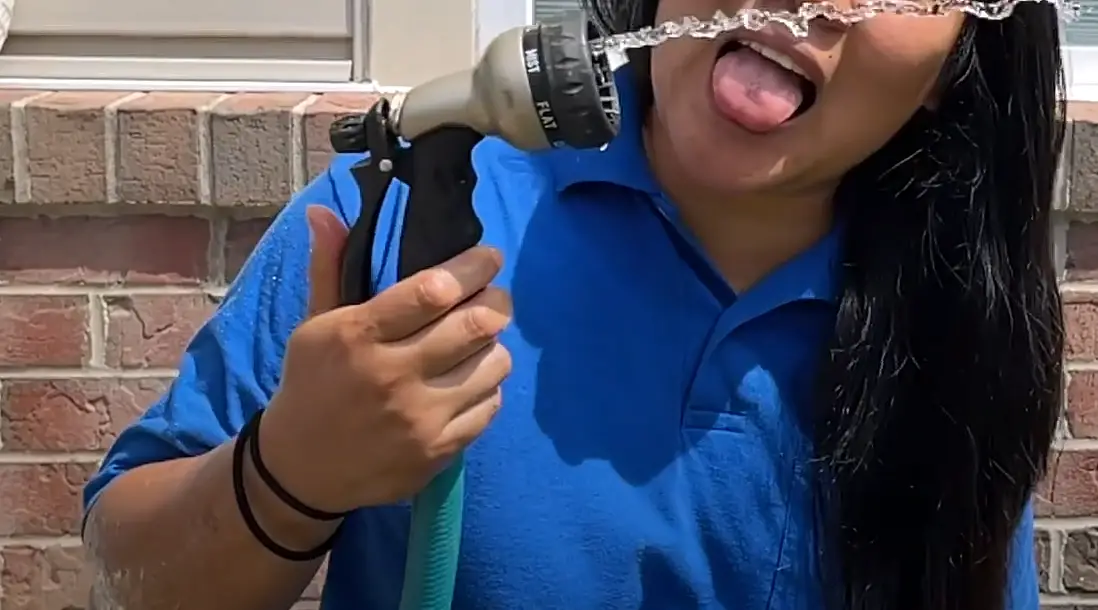
In most cases, hose water actually comes from groundwater sources such as wells and springs. This means that unlike tap or shower water, which is typically treated for safety and human consumption, hose water may not have been purified or tested for quality assurance. Therefore, while it might be safe to drink in some cases, it is generally best to err on the side of caution and avoid drinking this kind of untreated water unless necessary.
Finally, if you are filling up a pool with hose water, make sure you use a filter to remove any potential contaminants. While the average person won’t suffer ill effects from drinking hose water, it can still be dangerous if ingested in large amounts over an extended period of time.
The Risks Of Drinking Hose Water
Though it may be tempting to turn to an outdoor hose for drinking water when you’re in a pinch, this isn’t the safest option. Hose water is not the same as tap water and can contain contaminants that can cause serious health risks if ingested.
Hose water can become contaminated with bacteria from animal waste, pesticides, fertilizers, or chemical run-off from nearby industries. This means that drinking hose water has the potential of making you seriously ill. Contaminants such as E. coli or other bacterial agents can infect the body and cause symptoms such as nausea, vomiting, diarrhea and even kidney failure in severe cases.
In conclusion, while drinking from a hose may seem like an easy solution when you need water in a hurry, it can cause serious health risks due to potential contamination from animal waste, chemicals and other toxins. For this reason, it’s best to stick with tap water when you’re looking for a safe source of drinking water.
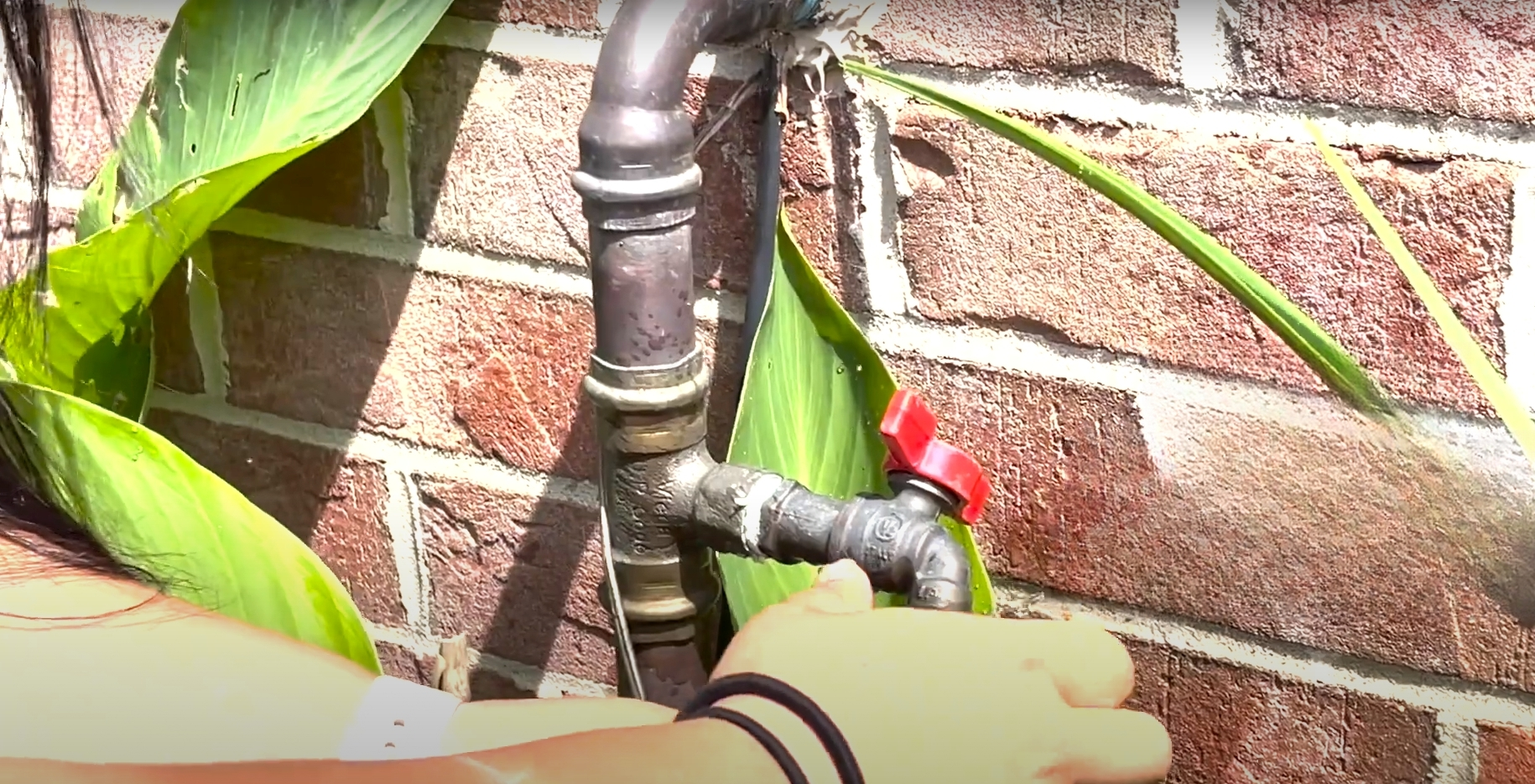
Toxins in Garden Hose Water
When it comes to drinking water, tap or hose water, the quality of the source is extremely important. While garden hoses are often used for watering plants and washing cars, they should not be used as a source of drinking water. Garden hoses are not designed to supply clean, safe drinking water and can contain toxins such as bacteria due to their contact with soil, fertilizers, pesticides and animal waste. Therefore, even if the tap water in your area is considered safe to drink, garden hose water can still be contaminated with hazardous substances that could cause serious health problems if ingested. It’s best to always use bottled or filtered water when consuming beverages or food prepared with any type of garden hose-supplied water.
Additionally, it’s important to be aware of the materials used in garden hoses and the potential toxins that could leach into the water. For example, lead-based or latex-based hoses can contain hazardous chemicals that could further contaminate hose water. Therefore, when purchasing a new garden hose for use with drinking water, make sure to select one made from food grade material such as polyurethane or metal so you can be sure your hose water is safe.
In conclusion, while garden hoses can provide a convenient source of fresh water for outdoor activities like washing cars and watering plants, they should never be used as a substitute for drinking water. Tap or bottled water are always the best sources of clean, safe drinking water. [3]
How to Reduce the Risk of an Unclean Water from the Garden Hose?
The garden hose is an important tool for gardening and outdoor chores, but it can be a source of unclean water. To reduce risk from impurities in the water coming through your garden hose, there are several things you can do:
- Clean out the hoses before use by running clean water through them to flush out any debris or sediment that has built up inside. You can also consider using a filter attached inline with the hose itself to further ensure that particles are filtered out of the water as it passes through.
- Inspect regularly for any cracks, tears or holes that could allow contaminants into the system; replace hoses if needed.
- Connect your hoses directly to a faucet or hose bibb that has been tested and certified to provide clean drinking water, such as the ones provided by your local municipality.
- Store hoses away from areas with high levels of contamination, such as animal pens or stables, to reduce the risk of cross-contamination.
- Lastly, invest in a home water testing kit so you can ensure the quality of your water before use. Be sure to regularly test for bacteria or other contaminants; if it fails any tests or you notice an odd smell coming from your hose, replace it immediately and have it professionally checked for further safety assurance.
By following these simple guidelines, you can help ensure that you’re getting safe, clean water from your garden hose and reduce the potential risk of any contaminants entering your system. Keeping up with regular inspections and maintenance can go a long way in helping maintain high-quality water for your outdoor needs. [4]
Can Hose Water Be Filtered?
Yes, hose water can be filtered. A home filtration system is the most effective way to ensure that your hose water has been properly cleaned and is safe to drink or use for various activities. Filtration systems typically contain activated carbon filters, which remove organic impurities from the water such as chlorine and other contaminants. These systems also usually include sediment filters to make sure any debris in the water is removed before consumption. While a home filtration system can help reduce some of the risks associated with drinking hose water, it’s important to note that even if you filter your hose water, there may be other hidden contaminants present that could still pose a risk. It is always best to check with your local government or health department for advisories before drinking water from a hose or other outdoor source.
It is also important to note that if you have a well, it should be tested regularly for any potential pollutants. It is important to understand that even when filtered, drinking water from outdoor sources such as hoses could still pose risks and may not be up to the same safety standards as tap water. To ensure your health and safety, it’s best to check with local officials to find out what the ideal safe source of drinking water for your area is. [5]
Can Hoses Cause Pollution In The Garden?
The answer to this question depends on the type of hose you’re using and what it’s connected to. Most garden hoses contain lead, phthalates, and other chemicals that can leach into your garden soil or runoff into local waterways if they are not properly cared for. To avoid potential pollution, use a lead-free hose made from recycled materials such as rubber or polyurethane. Additionally, make sure to disconnect your garden hose when you’re done using it so that no water is left sitting in the pipe where harmful bacteria may form.
Finally, always check with your local municipality before connecting a hose directly to a storm drain or other bodies of water as this can cause serious environmental damage. Taking these steps will help ensure that your hose is not a source of pollution in the garden. [6]
FAQ
Is water from a hose safe to drink?
No, water from a hose is not safe to drink. Although it may look clean, untreated water from an outdoor hose can contain contaminants that make it unsafe for consumption. Microbes such as bacteria and viruses can be present in the water, making it a potential health hazard if consumed. It’s important to have any non-potable water tested before drinking it or using it for food preparation. The only way to ensure safety is to use treated tap or bottled water whenever possible.
Can I use hose water in my garden?
Yes, you can safely use untreated hose water for outdoor activities like gardening and washing your car. However, it’s important to note that some hoses are made with lead-based materials which could leach into the water. If you are using a lead-based hose, make sure to use an appropriate filter before using the water for any activities. Additionally, avoid watering your garden with hose water if it has been recently treated with chemical fertilizers or pesticides.
Is tap water safe to drink?
Yes, in most cases, tap water is perfectly safe to drink and can be relied on as a source of hydration. Tap water is heavily regulated by government agencies like the Environmental Protection Agency (EPA) who ensure that drinking water meets safety standards set by the Safe Drinking Water Act. However, if you have concerns about your local tap water quality or if there’s any chance of contamination from pipes or other sources, it’s best to have the water tested before drinking it.
Can I use tap water for cooking or food preparation?
Yes, in most cases, tap water is safe to use for cooking and food preparation. However, if you live in an area with a high risk of contamination, like near a factory or agricultural field, having the water tested before using it for any activity that involves consuming it is always recommended. Additionally, if you are using well-water or cistern-stored rainwater as your primary source for cooking and cleaning, you should also consider having the water tested regularly.
Does hose water have bacteria?
The answer is yes, hose water may contain some bacteria. Hose water can become contaminated from being exposed to dirt and other contaminants in the environment, such as bird droppings or pet waste. Moreover, hoses are often stored outdoors, where they can be exposed to additional sources of contamination, like rainwater that has been sitting on the ground for a long period of time. As a result, it’s possible for bacteria and other microorganisms to get into the water through these sources. Despite this risk of bacterial contamination, hose water is generally considered safe for non-potable uses such as watering plants or washing cars. However, if you plan on using the hose water for drinking purposes or cooking foods that will not be cooked, it is important to make sure that the water is free from bacteria. This can be done by boiling the water or using a filtration system. When it comes to tap water, many people assume that it is safe and clean due to regulations put in place by the government.
Useful Video: Is Hose Water Safe? Can You Drink from Your Garden Hose?
Conclusion
In conclusion, there is no single answer to the question of whether hose water and tap water are the same. While there may be similarities between the two sources of water, there can also be substantial variations in purity, safety, and other characteristics. Ultimately it is up to individuals to decide which type of water they would like to use based on their needs and preferences. It is important to remember that safe drinking water should always come from a reliable source such as a public utility or bottled supplier and that any questionable sources should not be used for drinking purposes. There are multiple tests available for determining quality levels of various types of waters, so individuals can take advantage of these if they are unsure about the quality or composition of their particular source.
References:
- https://theberkey.com/blogs/water-filter/is-your-garden-hose-safe-for-drinking
- https://homeandgardentalk.com/hose-water-same-as-tap-water/
- https://www.makefoodsafe.com/we-all-did-it-but-was-it-safe-drinking-from-the-hose-that-is/
- https://www.gardenbloggers.com/is-hose-water-the-same-as-tap-water/
- https://heilplumbingdmv.com/blog/water-quality/is-hose-water-safe-to-drink
- https://yardenly.com/garden/is-hose-water-the-same-as-tap-water/





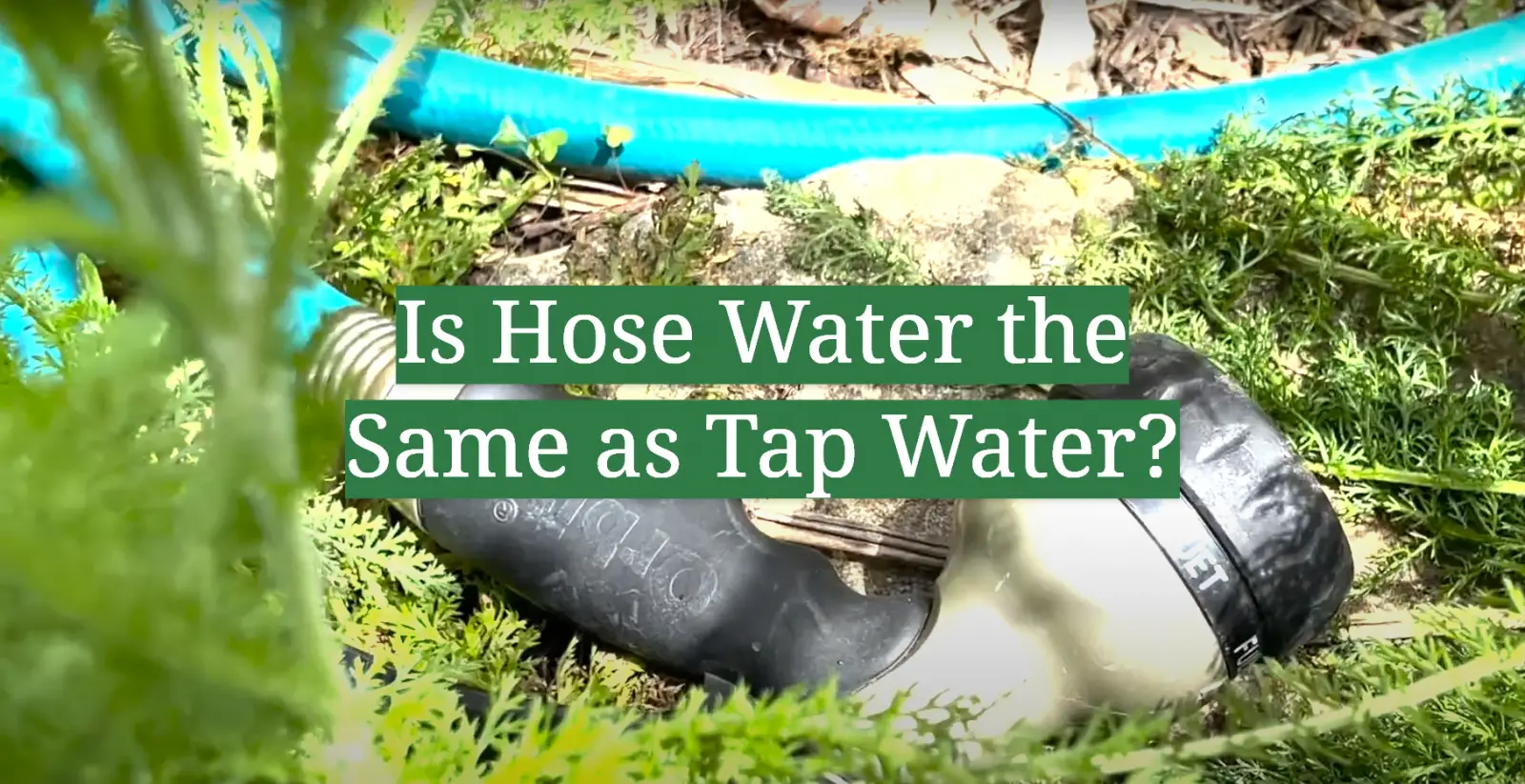
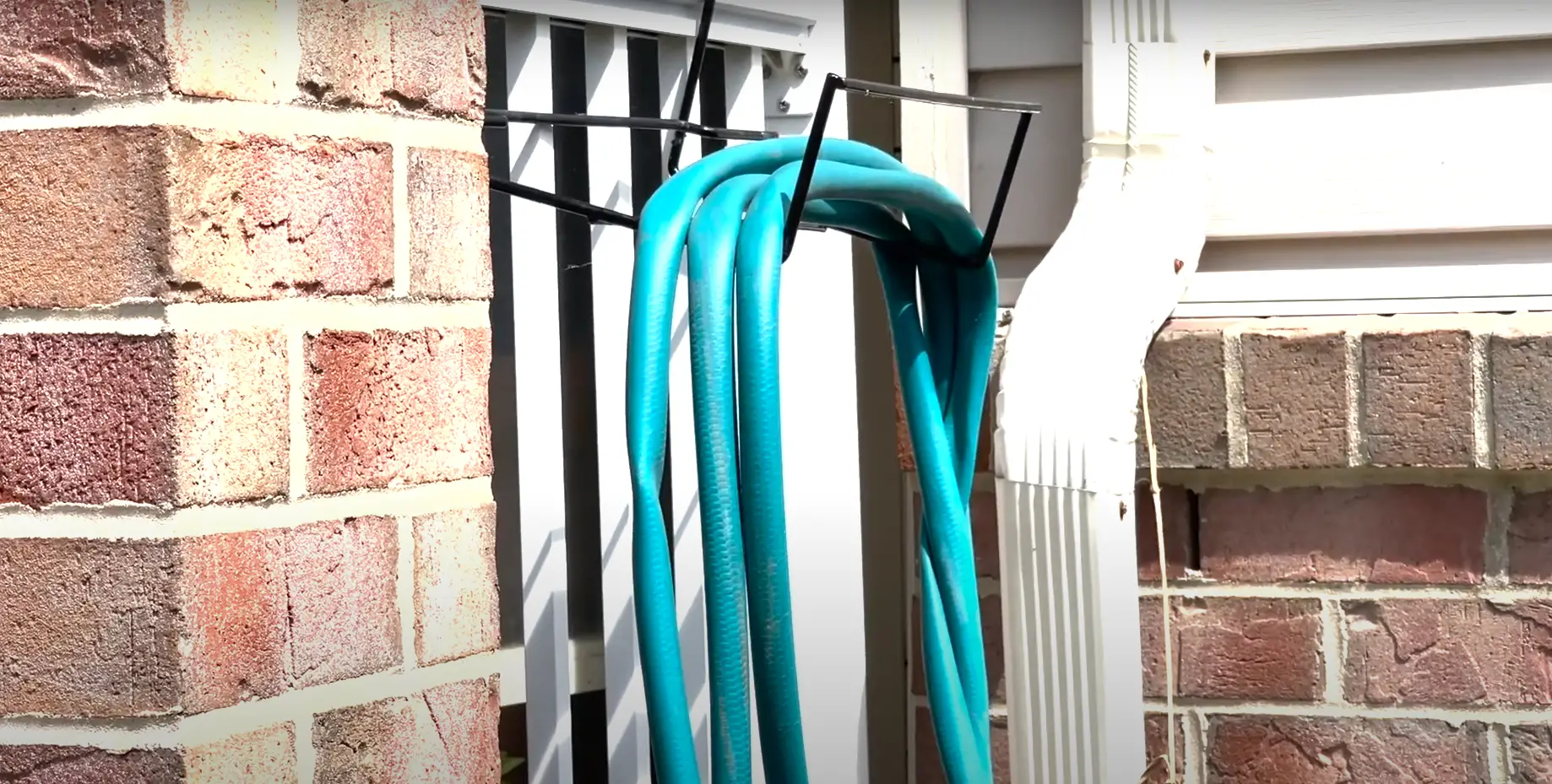
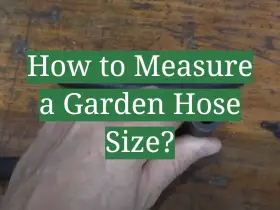
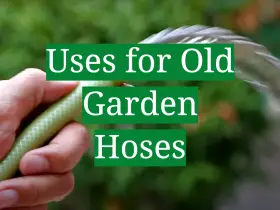
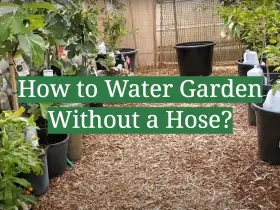
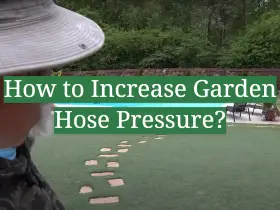
Leave a Reply
View Comments